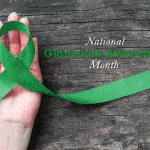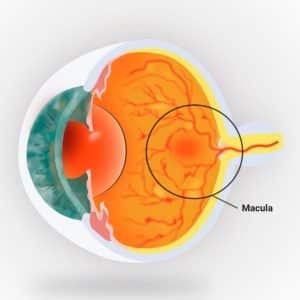
Holiday Gift and Toy Safety Checklist
The American Academy of Ophthalmology urges parents to avoid buying toys that can cause serious eye injuries, even blindness. According to the U.S. Consumer Product Safety Commission an estimated 226,100 toy-related injuries were treated in U.S. hospital emergency rooms in 2018. Almost half of those incidents were injuries to the head. Unfortunately, most of these injuries happen to children under age 15. It’s important to think about the safety of any gift you’re giving, especially if it’s a gift for a child.
Tips for selecting safe gifts this holiday season:
- Think twice before purchasing toys with sharp, protruding or projectile parts.
- Make sure children are appropriately supervised when playing with potentially hazardous toys or games that could cause an eye injury.
- Check the labels of laser products for evidence that the device complies with 21 CFR (the Code of Federal Regulations) Subchapter J.
- If you give sports equipment, also give the appropriate protective eyewear with polycarbonate lenses. Check with your ophthalmologist to learn about protective gear recommended for your child’s sport.
- Check labels for age recommendations and be sure to select gifts that are appropriate for a child’s age and maturity.
- Keep toys that are made for older children away from younger children.
- If your child experiences an eye injury from a toy, seek immediate medical attention from an ophthalmologist.
- Read the full article:https://www.aao.org/eye-health/news/buying-safe-toys

 Previous Post
Previous Post Next Post
Next Post


